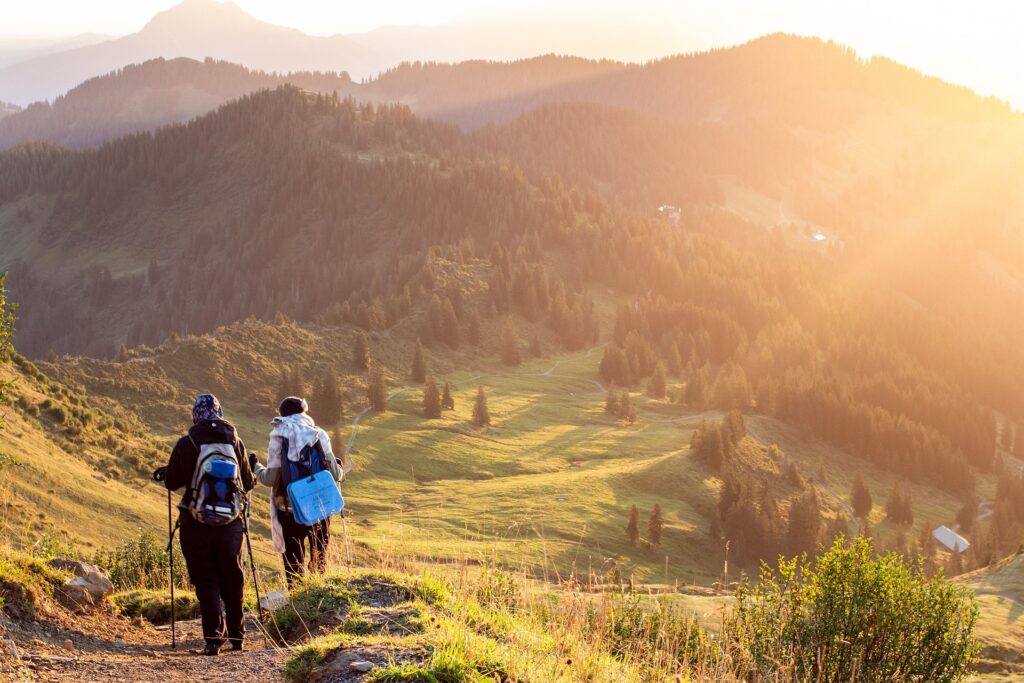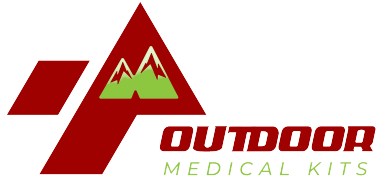Nature beckons with its siren call, inviting intrepid souls to traverse its trails and uncover hidden vistas. Hiking, a pursuit as old as humanity itself, has seen a renaissance in the modern age as more individuals seek the solace and raw beauty of the wild. Yet, while the natural world offers unparalleled wonders, it also presents distinct challenges. Against the backdrop of serene lakes and towering peaks lie unpredictable terrains, unforeseen weather changes, and the potential for minor injuries that can escalate if unattended. Enter the hiking medical kit, a hiker’s most trusted companion, as vital as a sturdy pair of boots or a reliable tent.
The Imperative of Preparedness
The inherent unpredictability of nature makes it a thrilling yet potentially risky playground. A simple misstep can lead to sprains; a brief rest on a rock might result in insect bites. The remoteness of most hiking trails also means that a call for immediate professional medical help is seldom an option. In these moments, a hiking medical kit transitions from a mere accessory in a backpack to a lifeline.
Essential Contents of a Hiking Medical Kit
While commercial medical kits cater to a wide range of needs, it’s paramount to understand and personalize the contents based on the hike’s nature, duration, and personal health concerns.
- Adhesive Bandages & Sterile Gauze: For dressing minor wounds and preventing infections.
- Blister Treatment: Moleskin or blister pads can save a hiker from agonizing pain, especially on long treks.
- Antiseptic Wipes & Antibiotic Ointment: Essential for cleaning wounds.
- Pain Relievers: Over-the-counter medications such as ibuprofen or aspirin can help manage pain from injuries or headaches.
- Antihistamines: For unexpected allergic reactions or insect bites.
- Tweezers & Scissors: Useful for removing splinters, cutting tape, or even snipping away at excess moleskin.
- Elastic Bandages: Vital for managing sprains or strains.
- Safety Pins: Handy for securing bandages, slings, or even fixing a torn backpack.
- Thermal Blanket: A compact lifesaver, especially if unexpected weather changes result in cold conditions.
- Hydration Salts: Electrolyte packs can combat dehydration, especially after strenuous activity or in hot climates.
- Insect Repellent & Bite Treatment: Protecting against and treating insect bites, especially in areas known for ticks or mosquitos.
- Sunscreen & Lip Balm with SPF: Sun protection is crucial, particularly at higher altitudes or open terrains.
- Personal Medications: Always carry medications specific to personal health conditions, from asthma inhalers to prescribed drugs.
Personalizing Your Kit
- Destination Insight: Research the area you’re hiking. Some regions might have poisonous plants, while others might be home to venomous creatures. Carrying relevant treatments or antidotes is wise.
- Duration of the Trek: Longer hikes require more supplies. If you’re embarking on a multi-day trek, you’ll need to factor in the possibility of multiple incidents requiring medical attention.
- Group vs. Solo Hikes: When hiking in a group, the medical kit should accommodate the needs of all members. Solo hikers, while needing a lighter kit, should prioritize essentials due to the lack of immediate help.
- Weather Forecasts: Adapt your kit based on weather conditions. If rain is expected, waterproofing your kit is a must. In colder climates, hand warmers and thermal blankets become more vital.

Evolution of the Hiking Medical Kit
As hiking has grown in popularity, so has the evolution of the hiking medical kit. What once might have been a rudimentary collection of band-aids and basic medicines has now transformed into a sophisticated ensemble, thanks to advances in medical science and product design. Many modern kits are compartmentalized, ensuring easy access to supplies in emergencies. They also come with waterproof and durable casings, factoring in the rugged conditions of the outdoors.
The Blend of Adventure and Prudence
Hiking is a dance between humankind and nature, a testament to the human spirit’s adventurous pursuit. But it’s also a testament to our ability to be prudent and respectful of the forces we engage with. A hiking medical kit is a symbol of this balance — a nod to the unpredictability of the wild and our preparedness to face it.
Embracing the wild’s call shouldn’t come at the cost of safety. By prioritizing a comprehensive medical kit, hikers can ensure they’re ready for both the joys and challenges of the trail. As the saying goes, “Leave nothing but footprints, take nothing but pictures, kill nothing but time.” To this, one might add, “And be prepared for everything nature might throw your way.” Safe and memorable hiking to all!
